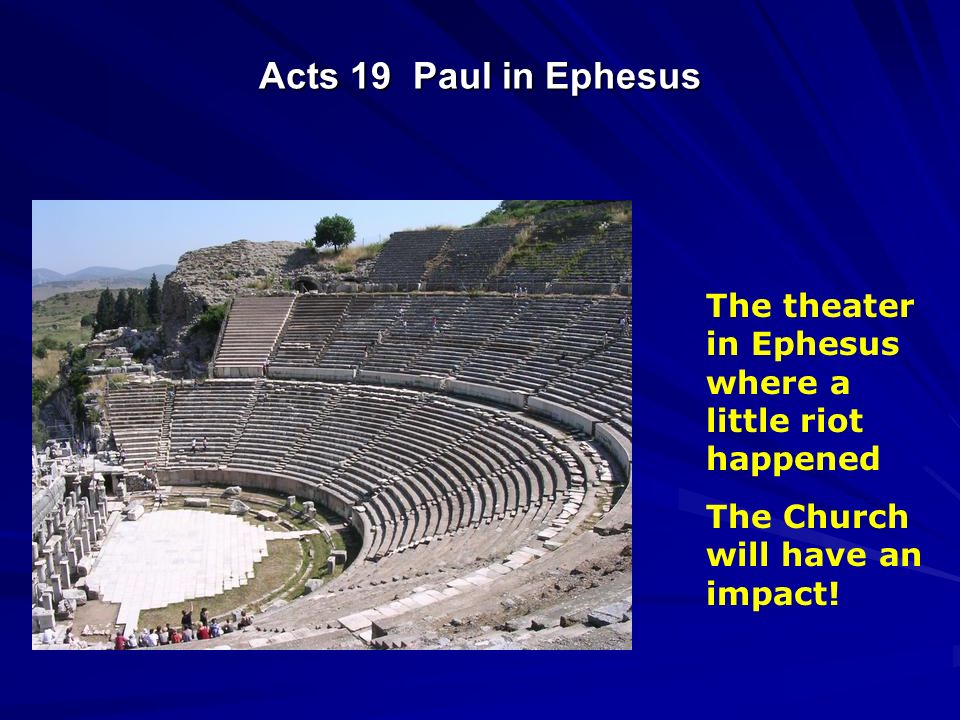
Was it the only table in the room?
A Chilean cardinal, appointed by the Pope to clean up the Roman Catholic Church’s image in that country after a massive sex scandal, is now in hot water for declaring there were “no women” at the Last Supper and that “there was a reason for it,” although he didn’t say what that “reason” might be (https://www.theguardian.com/world/2019/jun/15/chile-bishop-resigns-after-suggesting-there-is-a-reason-the-last-supper-had-no-women).
But the first question should have been, “Is that true?”
In the New Testament, the Greek word “mathetes” is translated as “disciples” and used to denote, collectively, all of Jesus’ followers. According to Strong’s Concordance, the word means a learner or a pupil. We know Jesus had many disciples, some of whom were women–like Mary Magdalene, Joanna, Martha, etc.
But there are in the Gospels only 12 “apostles,” from the Greek word meaning a “delegate” or a “commissioner” for Jesus Christ.
So let’s see what the Scripture says.
Matthew 26:19–“they [“his disciples”] made ready the passover”
Matthew 26:20–“he sat down with the twelve”
Mark 14:16–same as Matthew 26:19
Mark 14:17–“in the evening he cometh with the twelve”
Luke 22:14–“he sat down, and the twelve apostles with him.”
We are not told that this was the only table in the room; nor are we told whether there was anyone else in the room not seated at that table. We can be sure the 12 apostles were seated with Jesus because they were His apostles, His delegates–and starting that very night, they would have a special role to play in history.
Were none of the ordinary “disciples,” men or women, present? Maybe, maybe not: the Scripture doesn’t say. Personally, I believe the women in Christ’s following would have had very much to do with preparing the Passover dinner.
Anyway, the cardinal would have been well-advised to tread more carefully. We discover in the Book of Acts, and in Paul’s epistles, that women like Priscilla and Phebe were key figures in the growth of the early Church. Christ did not reject their service.
All we know is that only the 12 apostles sat with Jesus at His table. It does not permit us to state that other disciples, men and women, were excluded from the room. But if they were, it could only have been because the 12 apostles were special and Jesus was preparing them to play a special role.



